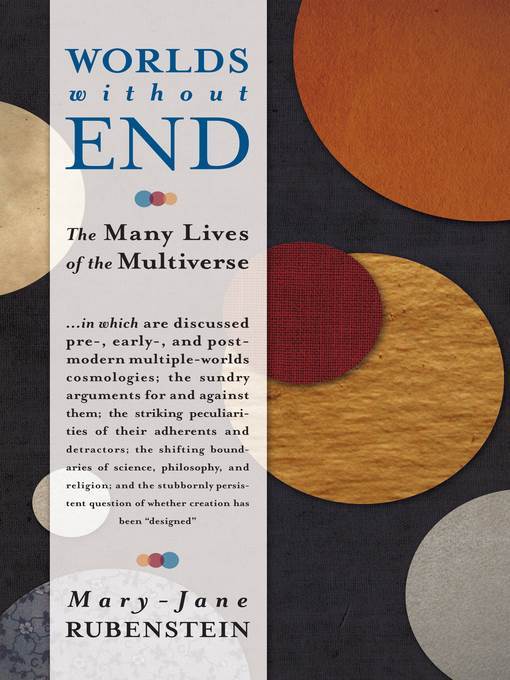
Worlds without End
The Many Lives of the Multiverse
کتاب های مرتبط
- اطلاعات
- نقد و بررسی
- دیدگاه کاربران
نقد و بررسی

October 28, 2013
The lines separating theology, cosmology, and philosophy are often blurred, as Rubenstein, professor of religion at Wesleyan University, demonstrates in this wry and learned history of the theory of the multiverse. She starts with the atomists, the first philosophers to consider the possibility of other universes in the cosmos—2,500 years ago and without calculus. This concept—along with equally thorny ones regarding the origins of the universe, its end, and any potential help from divine deities—is seen through the thoughts of Aristotle, Plato, Augustine, Thomas Aquinas, Leibniz, Nietzsche, Newton, Hawking, and many others, including Woody Allen. Rubenstein takes no sides in this debate over the universe’s origins, instead elucidating attempts to find an answer to things that are essentially unknowable. Some seekers used semantic gymnastics to prove the existence of a god. Others created long formulae to prove otherwise. The postulation of Dark Energy is a case in point. No one knows what it is but it must be there for the standard model of physics to work, fomenting an “existential crisis” in the physics community. Rubenstein’s witty, thought-provoking history of philosophy and physics leaves one in awe of just how close Thomas Aquinas and American physicist Steven Weinberg are in spirit as they seek ultimate answers.

























دیدگاه کاربران